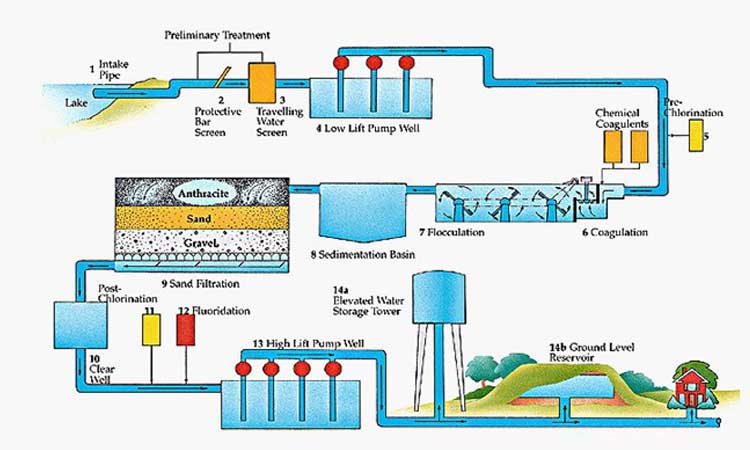
Traditional Methods and Urban Methods of Water Management System
Water management is a process of developing, optimizing, and planning water resources through many practices. With the increase in the population, which has been doubled to over 6 billion people from 1900, water use has popped up to 600. In this article, our keen focus is on methods of the water management system adopted by villagers and the urban. The water issue made me feel about writing it. Current Situation, Challenges, Solutions, and Conclusion are discussed here. We would like you to go through the whole article. Participation is required for achieving something; that is why we share our views and knowledge on a specific issue.
About 30% of people in India live in cities expected to double in population by 2050. With a growing economy and changing lifestyles, the pressure on already strained water resources is increasing. According to the statistics, people’shealth is threatened by inadequate access to clean water for drinking and sanitation. India has about 18 percent of the world's population and only 4 percent of the world's water resources. For an agricultural country like India, water is a vital driving force of agriculture and directly impacts productivity and sustainability. It is severely water-stressed, thereby making water management a national priority. Hence, effective wastewater management systems need to be introduced in rural and urban areas to mitigate the problem of contamination.
India uses about 230 cubic kilometers of groundwater annually, which is more than a quarter of the global total, making it the world’s largest user of groundwater. About 90 percent of the groundwater extracted is used for irrigation, and over 60 percent of the irrigated land in India is supported primarily by groundwater supplies. However, unregulated extraction and non-replenishment have reduced groundwater drastically and deteriorated its quality. The crisis has worsened further due to climate change, which causes erratic and intense rainfall.Lack of sufficient runoff storage capacity leads to the loss of precious freshwater into the sea.Wastewater treatment is interconnected with the water chain, and thus affects the environment.
Water is Life and Clean Water is Means Health. - Audrey Hepburn
Urban water security through a holistic approach implies managing water resources, focusing on considering the whole urban water cycle as one system within the watershed. Revival of traditional water bodies, water storage infrastructure, and safe wastewater disposal promote safe drinking water. Intends with innovative low-cost, sustainable technologies and wash behavior. Time for creating awareness about the need for water conservation and building the capacities of local communities for better management and long-term sustainability of their water resources. Farmers can play an essential role in water management by using a water conservation method known as drip irrigation. The Sehgal Foundation constructed soak pits that could build with locally available materials and little assistance.
Wastewater is a resource that can be used productively. Reuse or conservation of water helps to recycle groundwater by reducing consumption and using alternative water sources.The approach involves the irrigation of rainwater, groundwater depletion, Greywater reuse, and wastewater recycling. Rainwater can be used to recharge the groundwater levels by a technique known as rainwater harvesting.Our customers have selected us as their prime choice due to the commitment and sincerity they have noticed in all our services. We manufacture products that are sure to meet the clients’ requirements and we deliver these products and services at the right time specified by the clients.
While many technological devices are being developed to minimize water wastage, the impact will be greater if each individual contributes to water conservation by minimizing or optimizing the use of groundwater. Today, water conservation is becoming extremely critical at an individual level. Each year our water supplies are depleting. Therefore, we cannot produce artificial water and must be reliant on the available water sources. Water shortage is felt all over the world due to population growth and the unsustainable need for water to suit our ever-expanding modern lifestyle. It has given rise to substantial concerns about water conservation. Water used by rural homes gets converted to sewage or gets contaminated chemicals and other pollutants. It must be treated before it is released back to the environment. While nature is able to process and cope with a small amount of wastewater, imagine the huge volume produced every day before being released back to the environment.
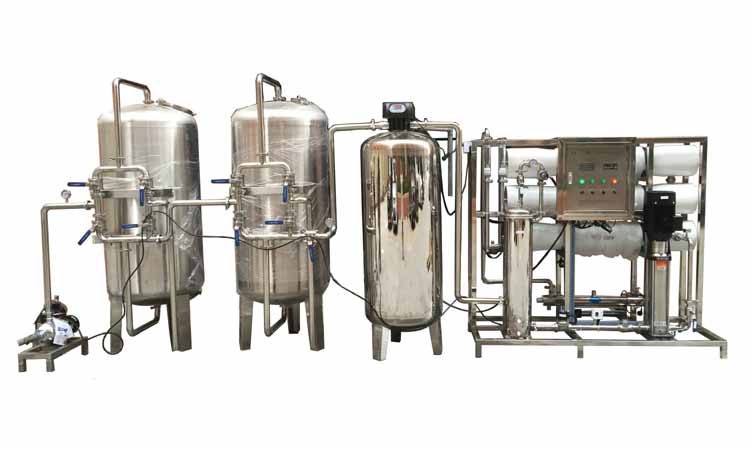
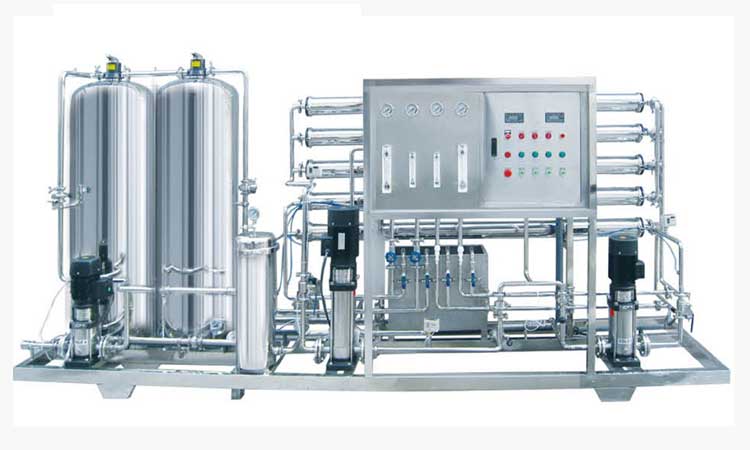
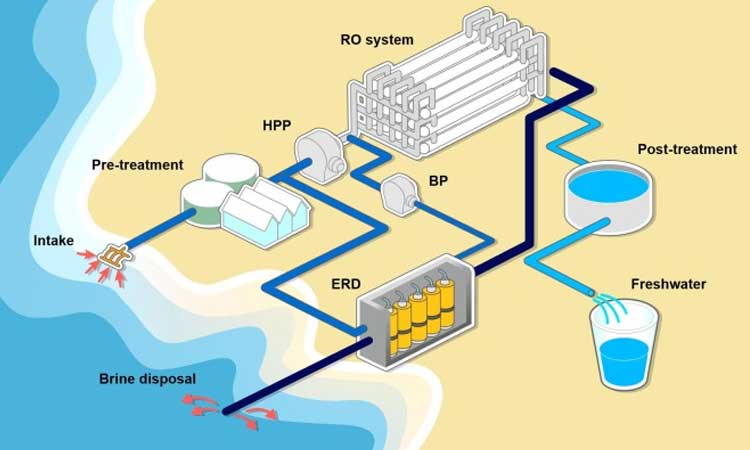
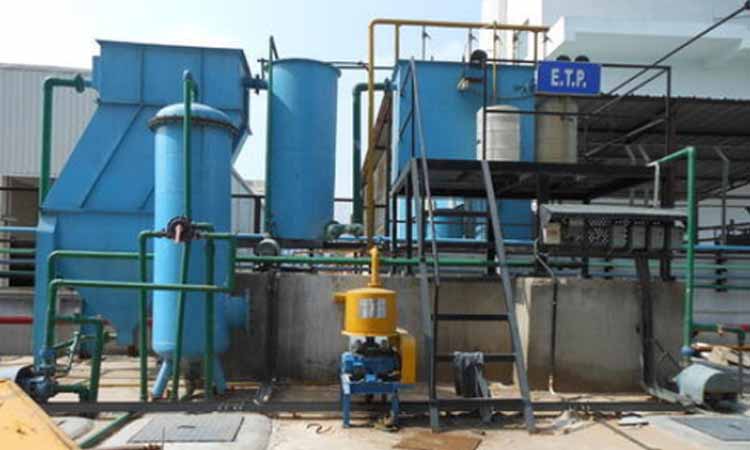
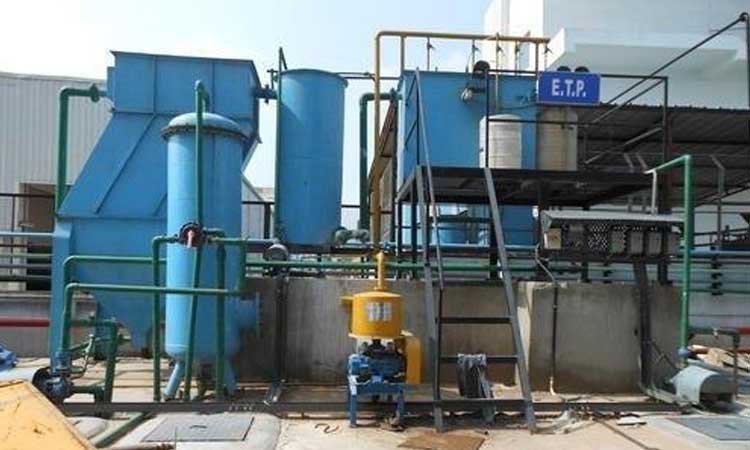
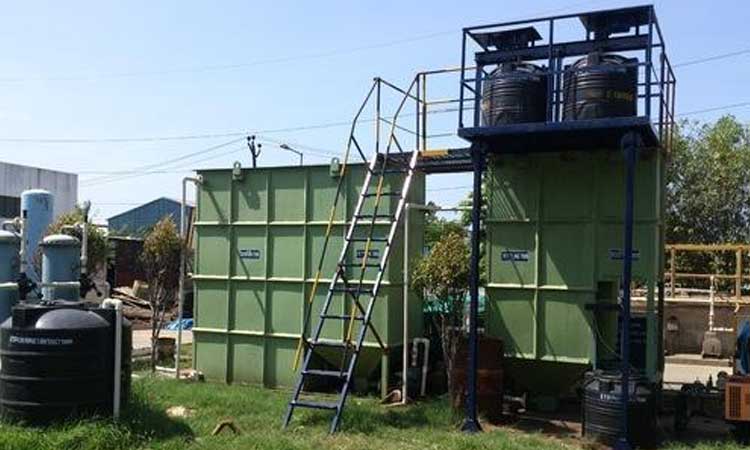
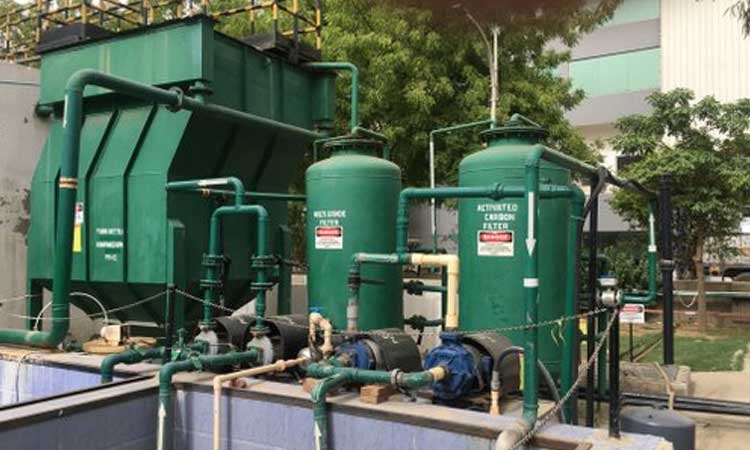

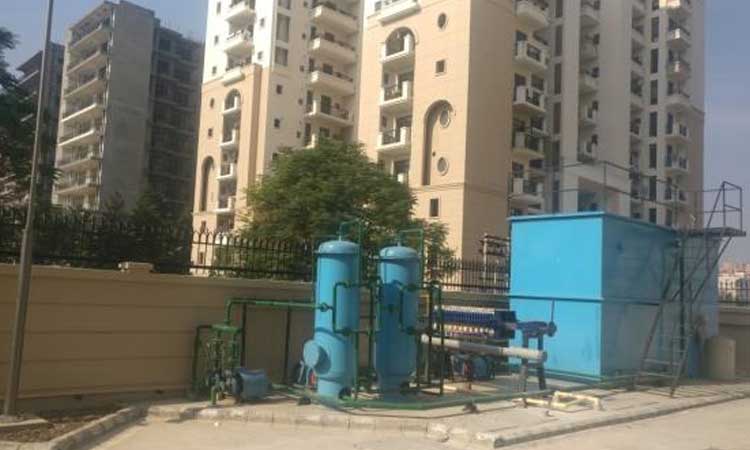
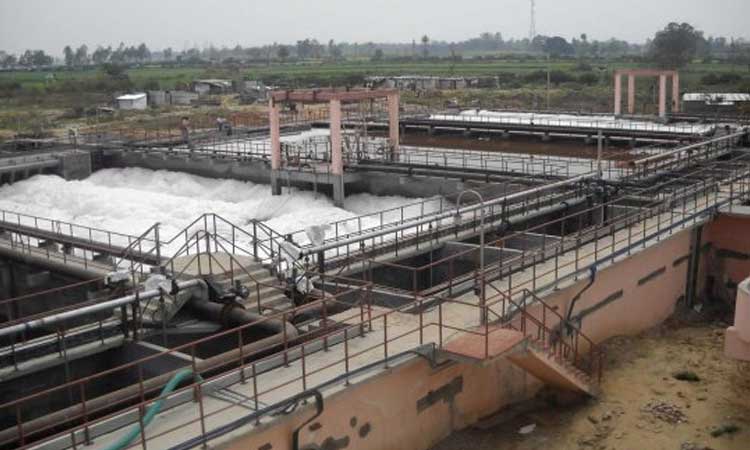
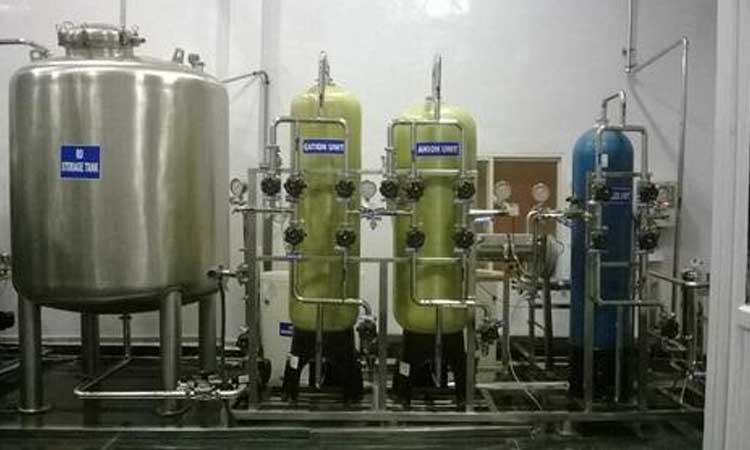

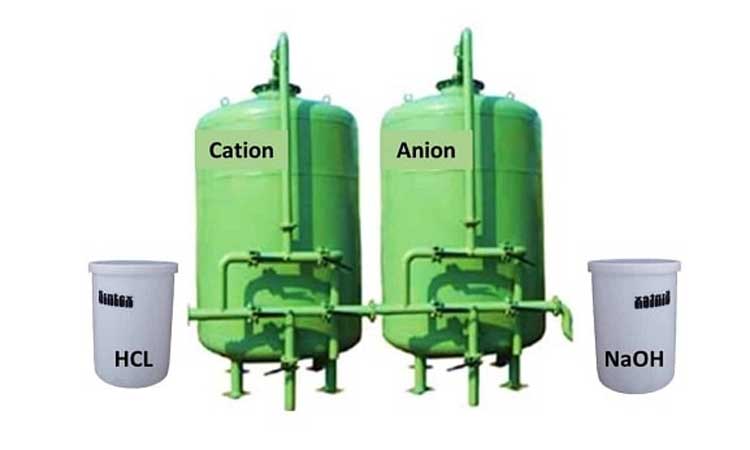

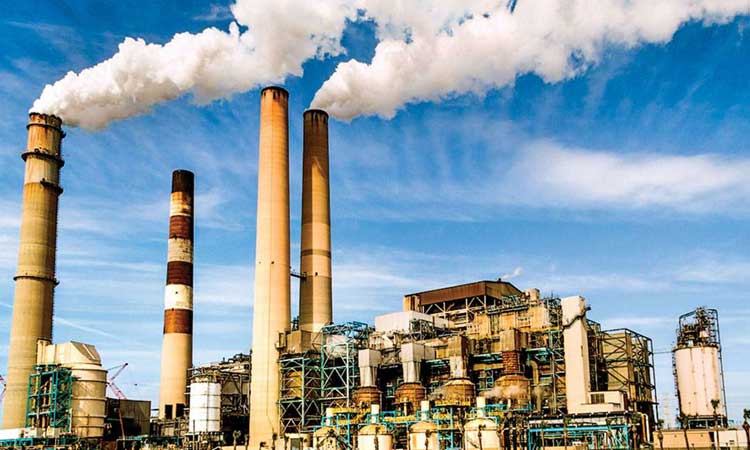
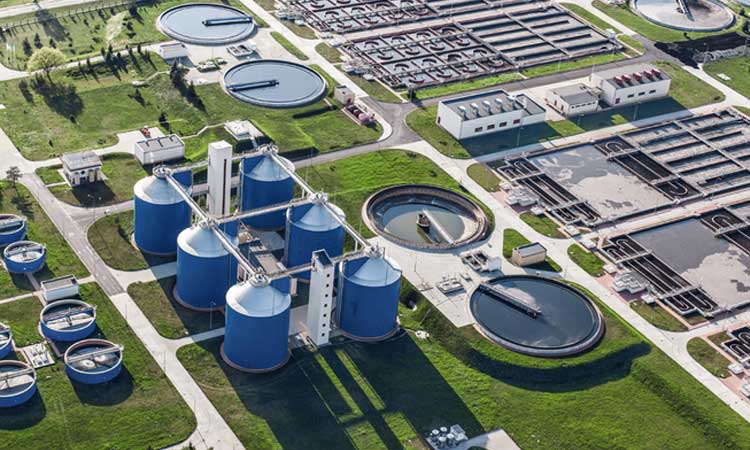
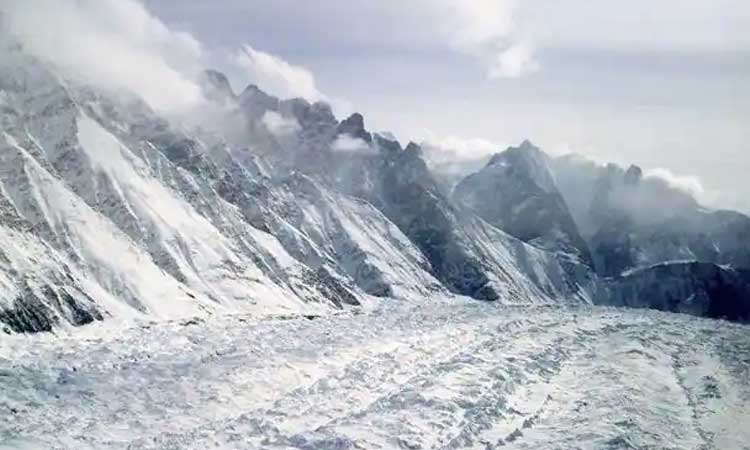
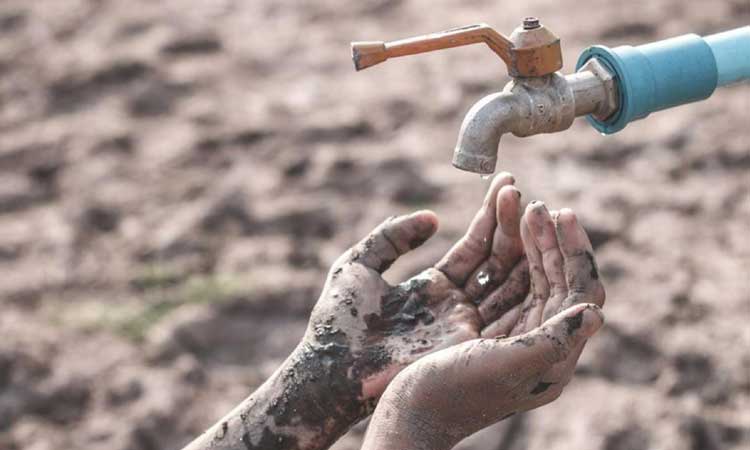
Comments
Sustainable water management is important to conserve and protect our water resources which are limited on the earth. Freshwater resources like rivers, lakes are polluted and under anthropogenic pressure, whereas groundwater is used to the maximum in many parts of India.
A necessary step in reducing adverse impact on fresh water as well as on the marine environment, is to use water more efficiently. A fundamental strategy in sustainable water management is to integrate water management goals into physical, social, and economic planning.
Water resources are sources of water that are useful or potentially useful to humans and is important because it is needed for life to exist.Many uses of water include agricultural, industrial, household, recreational and environmental activities.